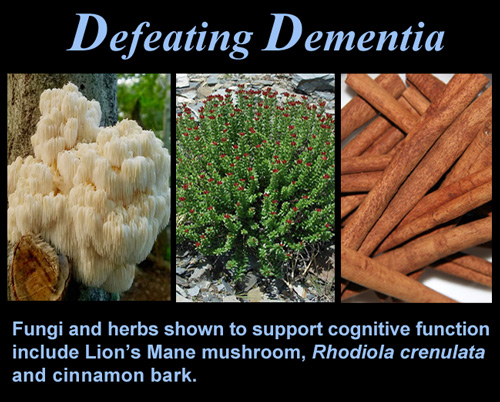A new study funded by the National Institutes of Health found the risk of developing dementia anytime after age 55 was 42% in the U.S.—more than double the risk reported by older studies.
The researchers involved in the study utilized data from the ongoing Atherosclerosis Risk in Communities Neurocognitive Study, which, since 1987, has closely tracked the vascular health and cognitive function of nearly 16,000 participants as they age.
The current trajectory of dementia rates translate into an estimated half-million cases this year, rising to 1 million new cases a year by 2060, according to the researchers involved in the study.
Dementia—also referred to as cognitive disorders—refers to a broad category of mental health disorders that primarily affect cognitive abilities including learning, memory, perception and problem solving. The condition involves progressive declines in memory, concentration and judgment.
Part of the reason for the total number of dementia cases in the U.S. is tied to the aging population; however, the rates of dementia in all age groups are also climbing, so there are clearly other considerations.
Genetic factors play a part, with people carrying a variant of the APOE4 gene having an increased risk. In addition high rates of hypertension and diabetes, obesity, fast food consumption, and poor mental health all play a part.
How much pollution, pesticides, microplastics and other environmental factors contribute may never be known; however, lack of exercise is unquestionably a risk factor.
For example, one 2018 study, conducted in Sweden at the University of Gothenburg, determined women with high physical fitness were considerably less likely to develop dementia.
The researchers tracked women starting at middle age and found they were nearly 90 percent less likely to develop cognitive disorders decades later when compared to women who were moderately fit.
The findings were published in the March 14, 2018 online issue of Neurology.
Fortunately, besides exercising the body and brain, there are nutrients proven to mitigate the risk.
Check out the following ten studies from the Optimal Health Insider archives when considering which supplements to include in your regimen:
• Australian study highlights cognitive benefits of Lion’s Mane—the ‘smart mushroom’
• Creatine supplementation improves memory in new meta-analysis
• Cinnamon’s antioxidant, anti-inflammatory properties can help fight cognitive decline, review finds
• Are the benefits of probiotics endless? Add cognitive health to the list!
• From fighting age-related diseases to improving depression—studies show benefits of Rhodiola
• Vitamin D supplementation linked to reduced dementia risk in review of large sampling of seniors
• Adding more magnesium to diet wards off dementia and slows brain aging, study finds
• Adding flavanol supplements to the diet improves memory function in adults, new study finds
• Low iron level in critical parts of brain linked to reduced cognitive function in new study
– – –
Study source for dementia rates: Nature Medicine, January 2025.


